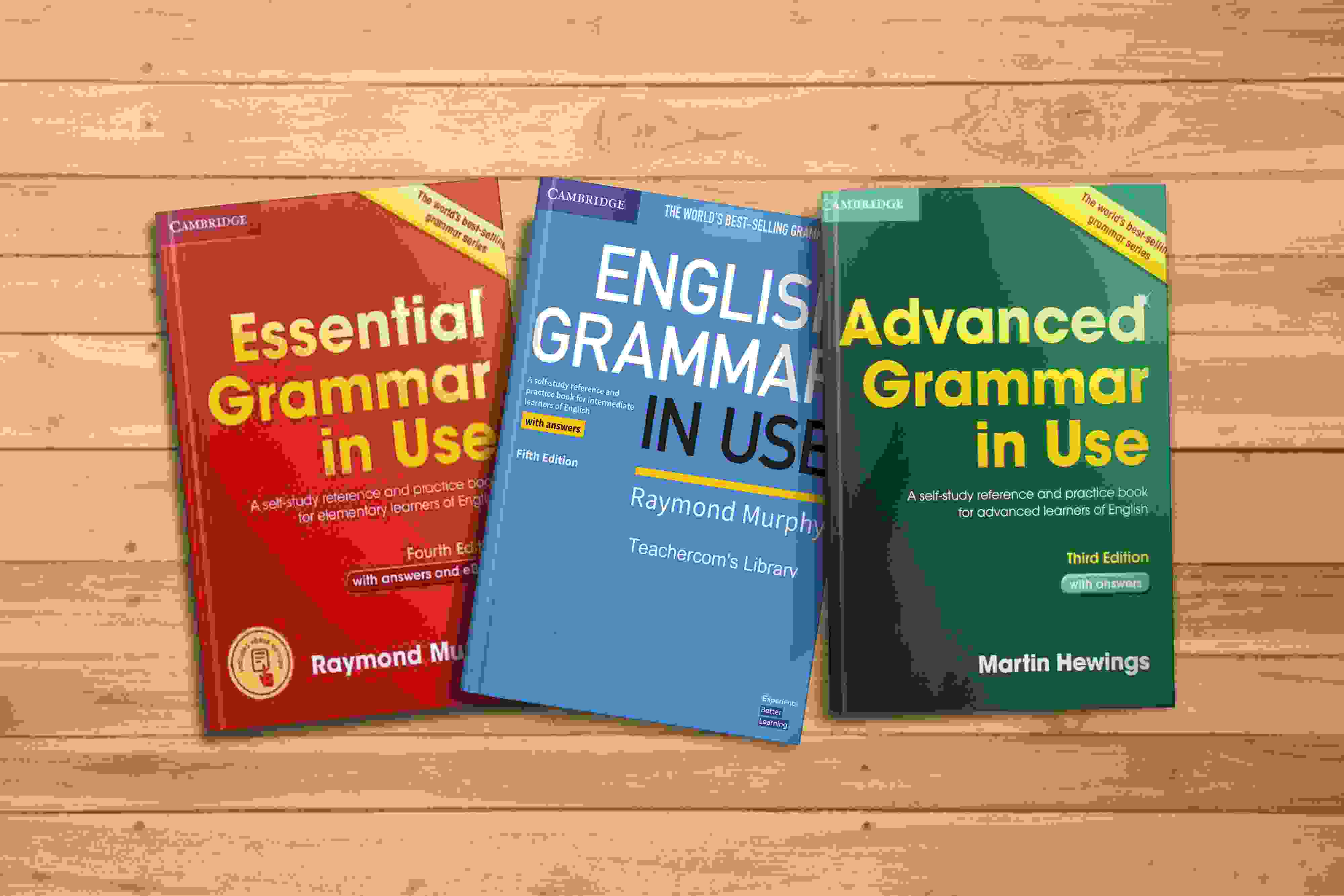- Have any questions?
- [email protected]
- Home
- Resources
- English Grammar
- Gerund or Infinitive - Gerund And Present Participles | English Grammar - English Free Test|Englishfreetest.com

The two groups of verbs below can be followed either by the gerund or by the infinitive. Usually this has no effect on the meaning, but with some verbs there is a clear difference in meaning. Verbs marked * can also be followed by a that-clause.
- I prefer to live in an apartment.
- I prefer living in an apartment.
Verbs where there is little or no difference in meaning:
allow |
deserve |
neglect |
Notes:
1. Allow is used in these two patterns:a. Allow + object + to-infinitive:
- Her parents allowed her to go to the party.
b. Allow + gerund:
- Her parents don't allow smoking in the house.
2. Deserve + gerund is not very common, but is mainly used with passive constructions or where there is a passive meaning:
- Your proposals deserve being considered in detail.
- These ideas deserve discussing. (= to be discussed).
Compare:
- I hate to tell you, but Uncle Jim is coming this weekend.
- I hate looking after elderly relatives!
- I love dancing .
- I would love to dance with you.
Verbs where there is a clear difference in
meaning :
Verbs marked with an asterisk * can also be followed by a that-clause .
come |
mean * |
stop |
| Come: |
Come + gerund is like other verbs of movement followed by the gerund, and means that the subject is doing something as they move:
Come + to-infinitive means that something happens or develops, perhaps outside the subject's control:
|
| Forget, regret and remember: |
When these verbs are followed by a gerund , the gerund refers to an action that happened earlier:
Forget is frequently used with 'never' in the simple future form:
When these verbs are followed by a to-infinitive , the infinitive refers to an action happening at the same time, or later:
|
| Go on: |
Go on + gerund means to continue with an action:
Go on + to-infinitive means to do the next action, which is often the next stage in a process:
|
| Mean: |
Mean + gerund expresses what the result of an action will be, or what will be necessary:
Mean + to-infinitive expresses an intention or a plan:
|
| Stop: |
Stop + gerund means to finish an action in progress:
Stop + to-infinitive means to interrupt an activity in order to do something else, so the infinitive is used to express a purpose:
|
| Try: |
Try + gerund means to experiment with an action that might be a solution to your problem.
Try + to-infinitive means to make an effort to do something. It may be something very difficult or even impossible:
|